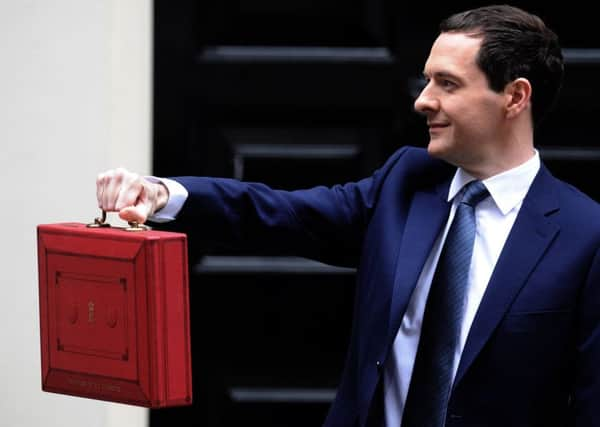Key is in the detail for inheritance tax


An Englishman’s home is his castle, or so the saying goes, and the UK government is seeking to pull up the drawbridge with regard to inheritance tax. In its election manifesto, the Conservative Party pledged to take the family home out of the reach of inheritance tax for all but the richest, and last week the Chancellor announced the details of the proposal in his Budget which will be effective from April 2017.
Under the current inheritance tax regime, assets passing between married couples and civil partners following the first death are free from inheritance tax. In addition, each individual has a nil rate band (fixed at £325,000 until the end of 2020-21) up to which no tax is charged. Married couples and civil partners can transfer the unused nil rate band or part of it to the time when the second partner dies, meaning many married couples and civil partners have a tax free amount of £650,000 upon the second death.
Advertisement
Hide AdAdvertisement
Hide AdUnder the new proposals there will be a further £175,000 main-residence nil rate band available to each individual. The additional band will apply when the main residence is passed to the deceased’s direct descendants and can be added to the existing £325,000 nil rate band. The introduction of the new band will be staggered over the coming years, and bring the total transferable tax-free allowance to £1 million from 2020-21.
On the face of it, this sounds like a very positive change and welcome news to many, particularly where rising house prices have meant that more have been brought into the inheritance tax net.
However, as often is the case, the key will be in the detail of the changes announced, as this could be seen as another layer of complexity added on to an already complicated set of rules.
It is looking likely that there will be a real incentive for individuals who do not currently own property to purchase a home, or indeed a larger home, and pass this on tax-free when they die to their children. It is possible that the law will set down a minimum period of ownership and this must be looked at closely. Alternatively, it is common for individuals to have a strategy to downsize their home to a smaller property, and last week’s Budget stated that an individual can still take advantage of the additional main residence nil rate band if they do so on or after 8 July 2015. In this situation, the individual can use the allowance to pass the new home to their direct descendants together with any other assets to make the total up to the full allowance of £175,000 – in addition to the existing nil rate band of £325,000.
This will benefit some families, and will mean that couples do not need to feel obliged to stay in a house which they now feel is too large for them.
The new £175,000 allowance will apply to every individual’s estate where they leave the main residence to direct descendants. Last week’s Budget refers to “direct descendants”, but families are evolving and it has been confirmed that step, adopted and foster children are to be included.
However, there are many to whom this new law will not apply, for example individuals who are cohabiting by choice and do not wish to get married. In these situations, an individual can benefit from a nil rate band of up to £500,000, including the allowance for the main residence, to leave his or her house to children or grandchildren.
However, unlike a married couple or civil partners, neither the unused allowance nor the standard nil rate band can be transferred to someone else on the individual’s death.
Advertisement
Hide AdAdvertisement
Hide AdThe new band will also not apply to those who do not have direct descendants.
From these changes, one thing is very clear – individuals will need to take more detailed and specialist advice whatever their circumstance. Inheritance tax has often been called a voluntary tax, but for this to be the case, planning is required in advance. It is extremely important for individuals to regularly review their long-term legal and financial plans, looking at inheritance tax planning and, of course, making sure that they have an up-to- date and professionally drafted will.
• Susanne Beveridge is a partner in the personal & family team at Brodies LLP. www.brodies.com